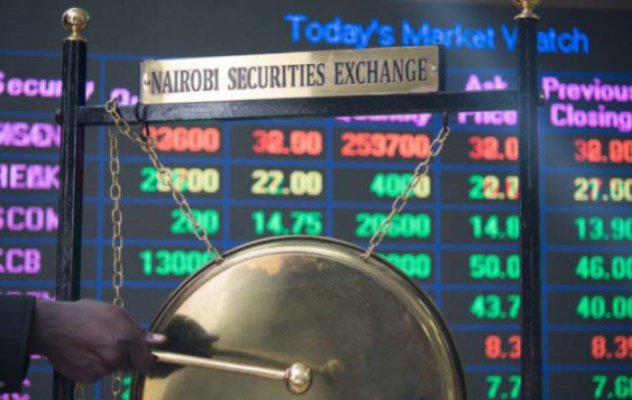The capital markets regulator will charge investors less than 1 per cent of the value of derivative contracts used to bet on whether a stock, bond, currency or an index will go up or down.
In proposed fees released yesterday, CMA said it will charge 0.14 per cent for equity index futures contract and 0.17 per cent for single stock futures contracts.
The fee is meant to entice market players into investing while ensuring the Nairobi Securities Exchange (NSE) and the regulator get a cut. Some amount will be set aside in an investor protection fund.
A derivative is a security with a price that is dependent upon or derived from one or more underlying assets. These assets include stocks, bonds, commodities, currencies and market indexes.
“The fees above will include the NSE fees, Clearing Member Fees, Trading Member fees as well as statutory fees which include the CMA fee and the contribution to the Investor Protection fund,” CMA said.
UNDERLYING ASSET
Head of Research at Standard Investment Bank, Francis Mwangi, said the regulator had to balance between raising revenues and attracting investors to the new investment opportunity of a derivatives market.
“The rate is adequate because a higher rate would discourage investors so they had to balance to get a rate that would support investment in the instrument,” Mr Mwangi said. CMA said the fees are small enough as a quotient of the trade values as to make the products distinct from their cash market equivalents.
“This tends to be one of the key attractions for the Derivatives market as they should compare favorably to the costs of trading in the cash markets,” a notice on their website read. The market has been offered time to assess the CMA proposals as the regulator called for stakeholder and public consultation in the next 30 days.
The derivative contract between two or more parties is based upon the asset or assets. Its value is determined by fluctuations in the underlying asset. Derivatives can be used for hedging or insuring against risk on an asset for instance fluctuations on the shilling, stock price movements or even fuel price shocks.
Derivatives can also be used for speculation in betting on the future price of an asset or in circumventing exchange rate issues. The NSE was granted the licence to set up and operate a derivative exchange on October 19, 2015. The first contracts to be listed will be futures on the NSE’s stock market indices and on select foreign currencies.



























































